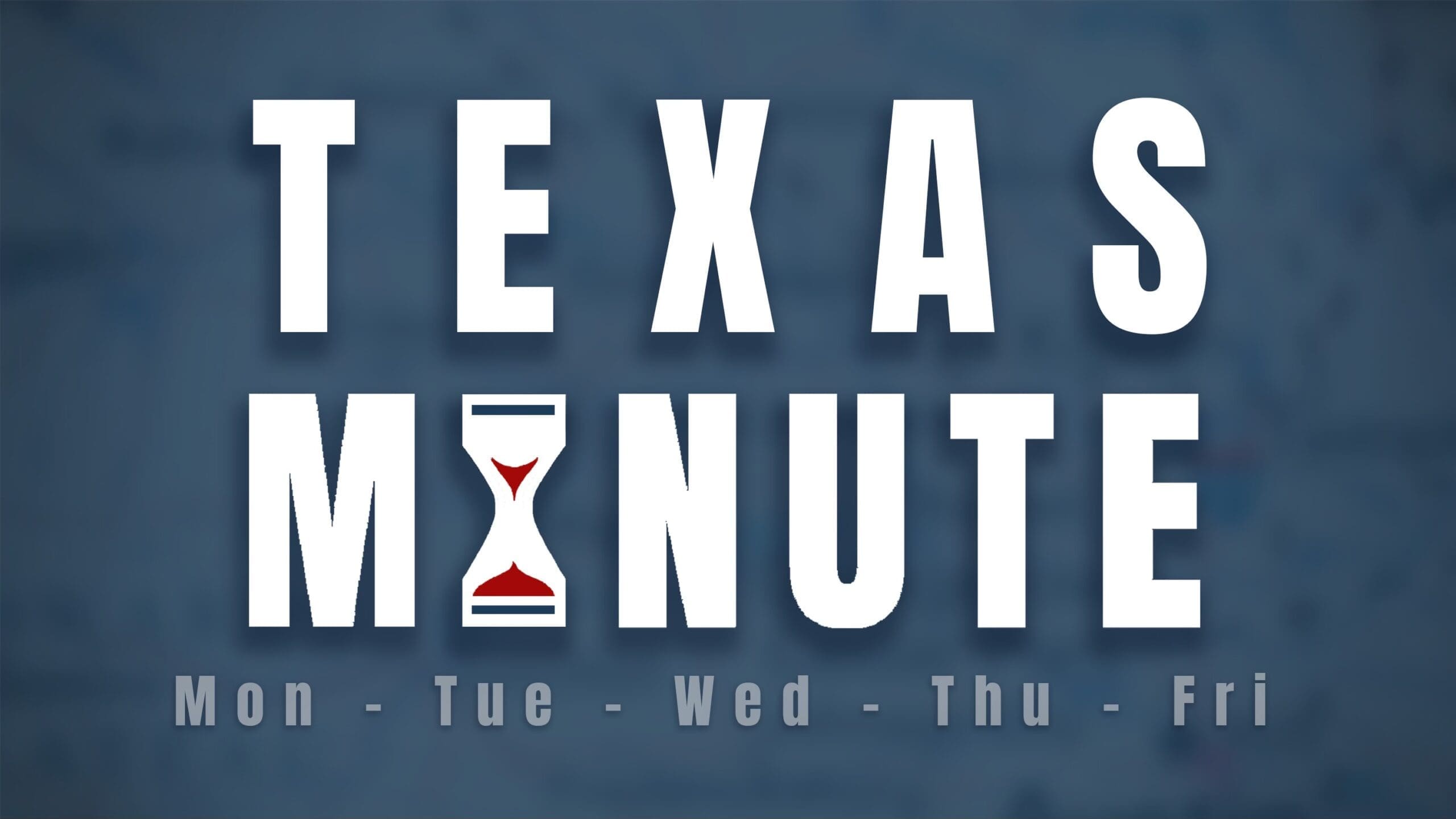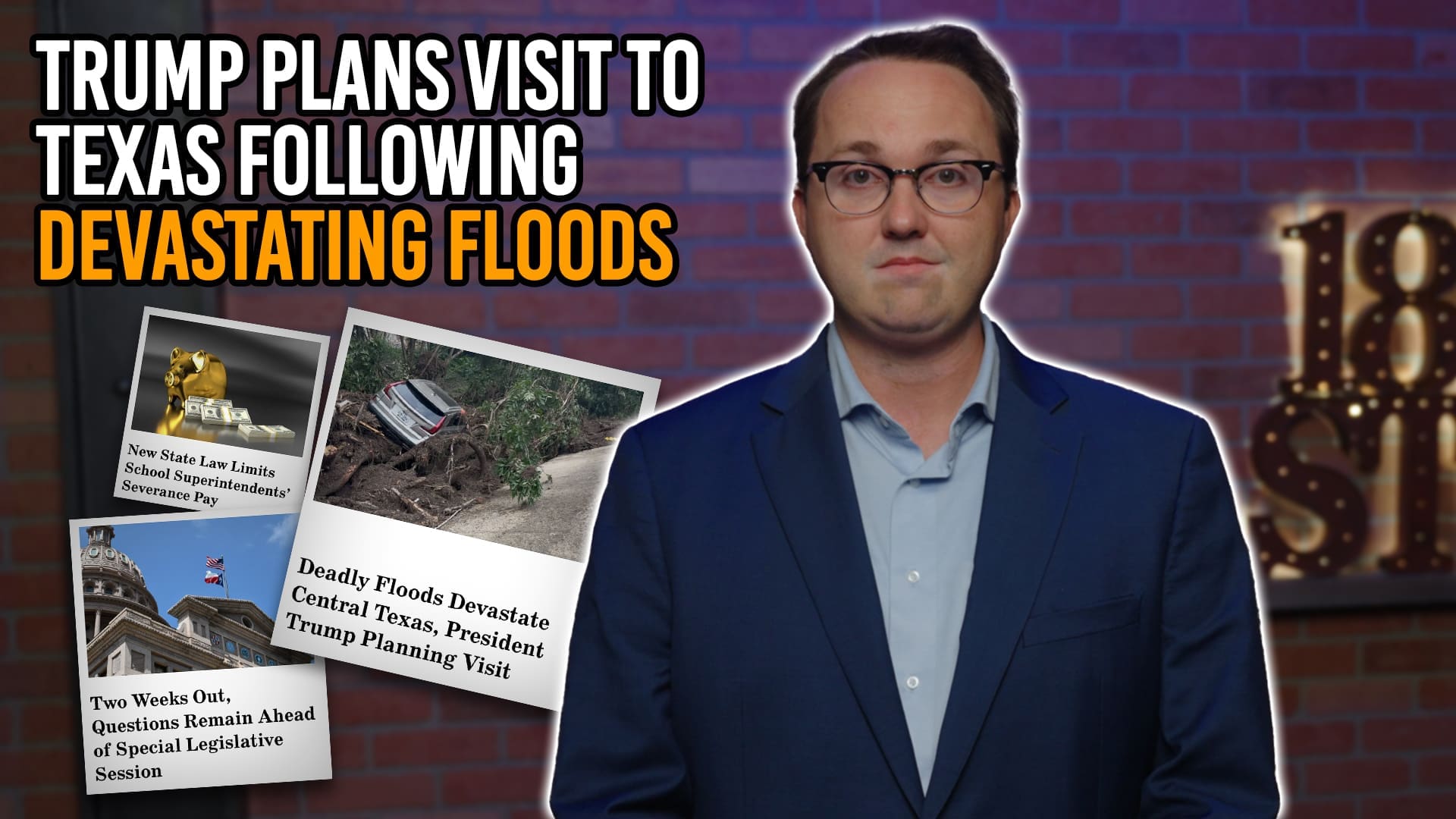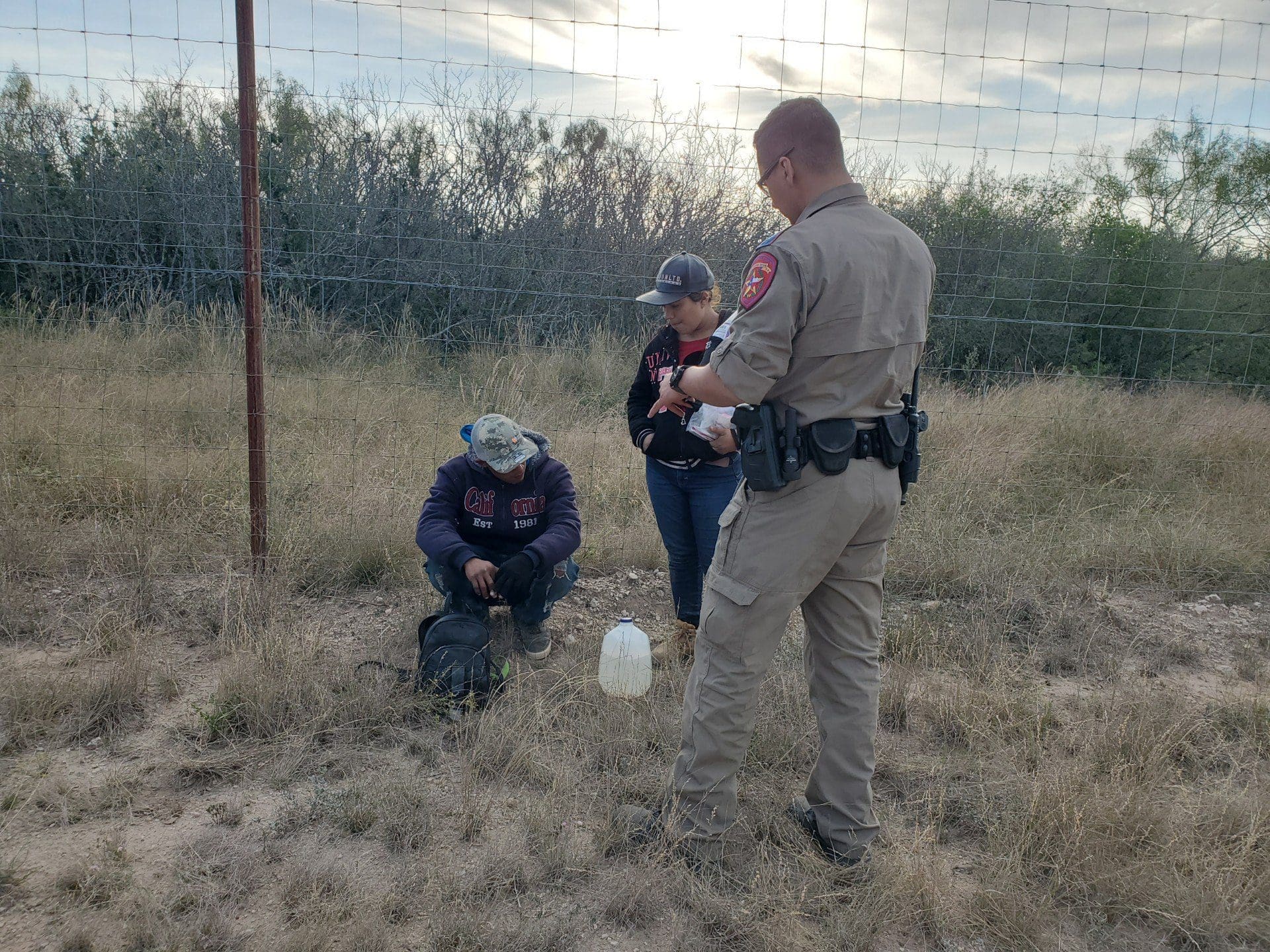While the state (and the nation) focuses on the debate around pro-life legislation in this second called special session, it’s important that taxpayers don’t take their eye off the issue of transportation funding.
Thanks to Sen. Wendy Davis’ filibuster at the end of the first called special session, legislation relating to transportation funding died along with the bill seeking to regulate abortion clinics.
As a result, the Governor Rick Perry included transportation funding to the call of the second special session while the Legislature takes another shot at passing pro-life bills.
Because transportation is such a critical issue that affects everyone in the state, it’s important that any changes to transportation funding be done in a smart and responsible way. Of course, lawmakers and legislative leadership will be looking to pass anything but smart and responsible legislation.
The transportation bill most likely to be taken up this time around is SJR 1 by Sen. Robert Nichols (formally known as SJR 2 in the first called session). This would divert half of the oil and gas production taxes that normally flow into the Economic Stabilization Fund into the State Highway Fund, so long as the ESF has at least 1/3 of its maximum balance in it.
State Rep. Larry Phillips has a companion bill to SJR 1 filed in the House (HJR 1), although the provision establishing a minimum balance in the ESF may be modified or taken out completely if moderates in the House seeking easier ways to spend your money get their way.
The worst transportation bill filed so far (SJR 5) is the same bill Republican Senator Kevin Eltife tried to push during the regular session and got nowhere. He, as usual, is calling for a tax increase, but refuses to address any of the current diversions taking existing money away from road construction and maintenance. Given how little appetite there was for even raising vehicle registration fees in the regular session, don’t expect this idea to get much traction.
State Rep. Linda Harper-Brown does have two bills (HB 9 & HJR 9) proposing to end the diversion of gas and diesel taxes to the Available School Fund. That money would go straight into the State Highway Fund where it was intended. She also has a bill (HB 8) seeking to dedicate sales taxes generated from motor vehicle sales to transportation, instead of just filling up state coffers as general revenue like it does now.
Those two ideas should be taken up first before the Legislature considers diverting existing dedicated revenue.
Again, because this legislative leadership is repulsed by smart and responsible legislation, and the temptation for lawmakers to do bad things with transportation funding is so great, we are putting the release of our 2013 Fiscal Responsibility Index on hold in order to hold them accountable for any and all votes taken during this special session.
Understandably, transportation funding may not be as inciting or as passionate of an issue as abortion. But don’t let the lack of media attention on transportation prevent you from keeping that same level of heat on your elected officials to be good stewards of your taxdollars.





